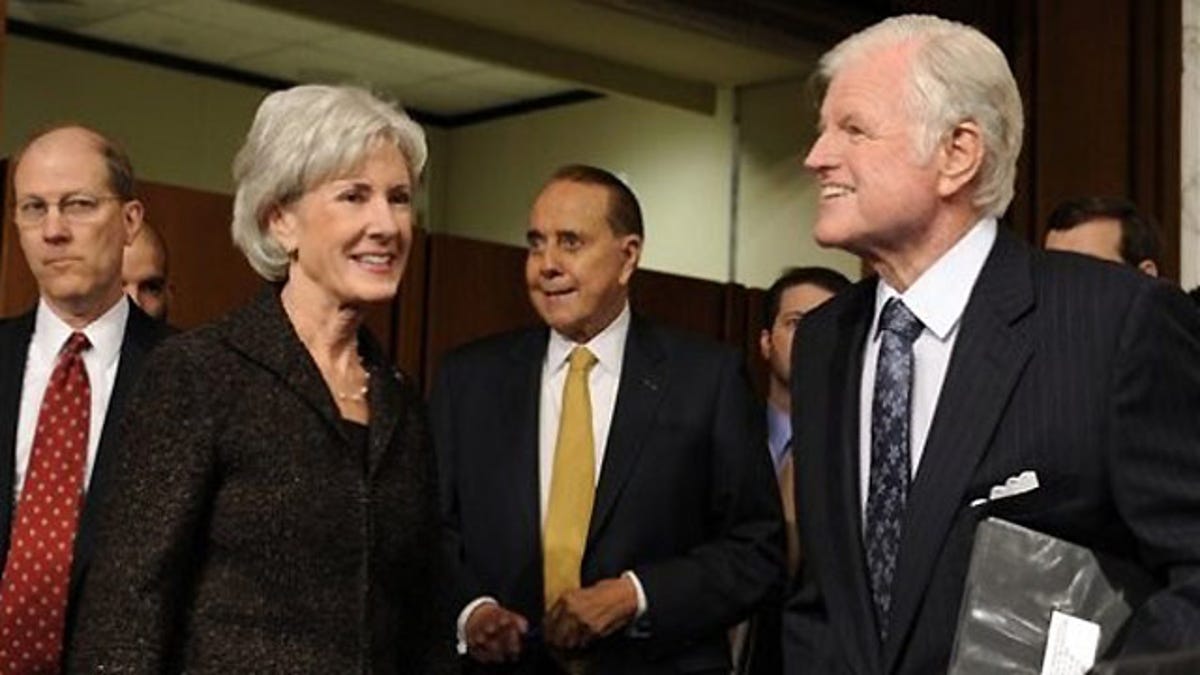
AP
I sat on the floor of the Democratic National Convention in New York City in 1980 and listened as Senator Ted Kennedy delivered the now famous "the dream shall never die" words at the end of a long and bruising battle for the Democratic presidential nomination which he lost to President Carter. I was one of Carter's floor managers and had been on leave from the White House to run several state primaries against Senator Kennedy.
Those had been the most difficult of the many campaigns I have done in my career. Difficult because I owed my love of politics to the Kennedys. My first exposure to politics came as a 10- year-old boy watching the returns with my dad from the Kennedy/Nixon presidential campaign in 1960. My father, a devoted Kennedy man, had taken me to Middletown, Connecticut the evening before to see John Kennedy in his last campaign stop at 2 a.m.that Election Day.
As an 18-year-old college freshman in New York City I volunteered on Bobby Kennedy's campaign for the 1968 Democratic presidential nomination. I was to become involved in Democratic campaigns for the next 25 years as a campaign consultant and another 15 years as a Democratic strategist and commentator. I don't know if I would have pursued a life in politics without the Kennedys but I know for certain that they were the reason I became and remain 40 years later an unapologetic liberal Democrat.
I cried that night in New York City listening to Teddy Kennedy give his last speech as a candidate for president.
The 1980 Carter/Kennedy race had been bitter and some of my fellow Carter operatives seemed surprised at my reaction that night. But those that knew what the Kennedys had meant to me understood why Ted Kennedy's "sailing against the wind" move meant, so "the dream would endure and never die" moved me to tears.
When I heard the news of Ted Kennedy's death this morning I cried again, not just for the man but for the dream that he had defended for the next 29 years which made him such a powerful force in politics and a hero to millions of liberals. It has not always been easy being a liberal, especially in American politics the last three decades. But whenever the dream looked as if it would not endure, there was Teddy Kennedy standing against the winds of conservatism determined end it.
In battle after battle Kennedy would thwart those who were enemies of liberalism. Surprisingly many of those that sought to reverse the progressive agenda were among Teddy Kennedy's many friends. Time and again, often against great odds, Kennedy would defend the liberal agenda and he would succeed. He at times needed to compromise but always on tactics never on principle.
The Lion is gone now but the dream still endures. There is no one who can replace Teddy Kennedy. Boor those of us who believe in the great progressive agenda, especially Kennedy's life-long belief that "healthcare is a right and not a privilege."
The fight must go on. The Lion would expect nothing less.
